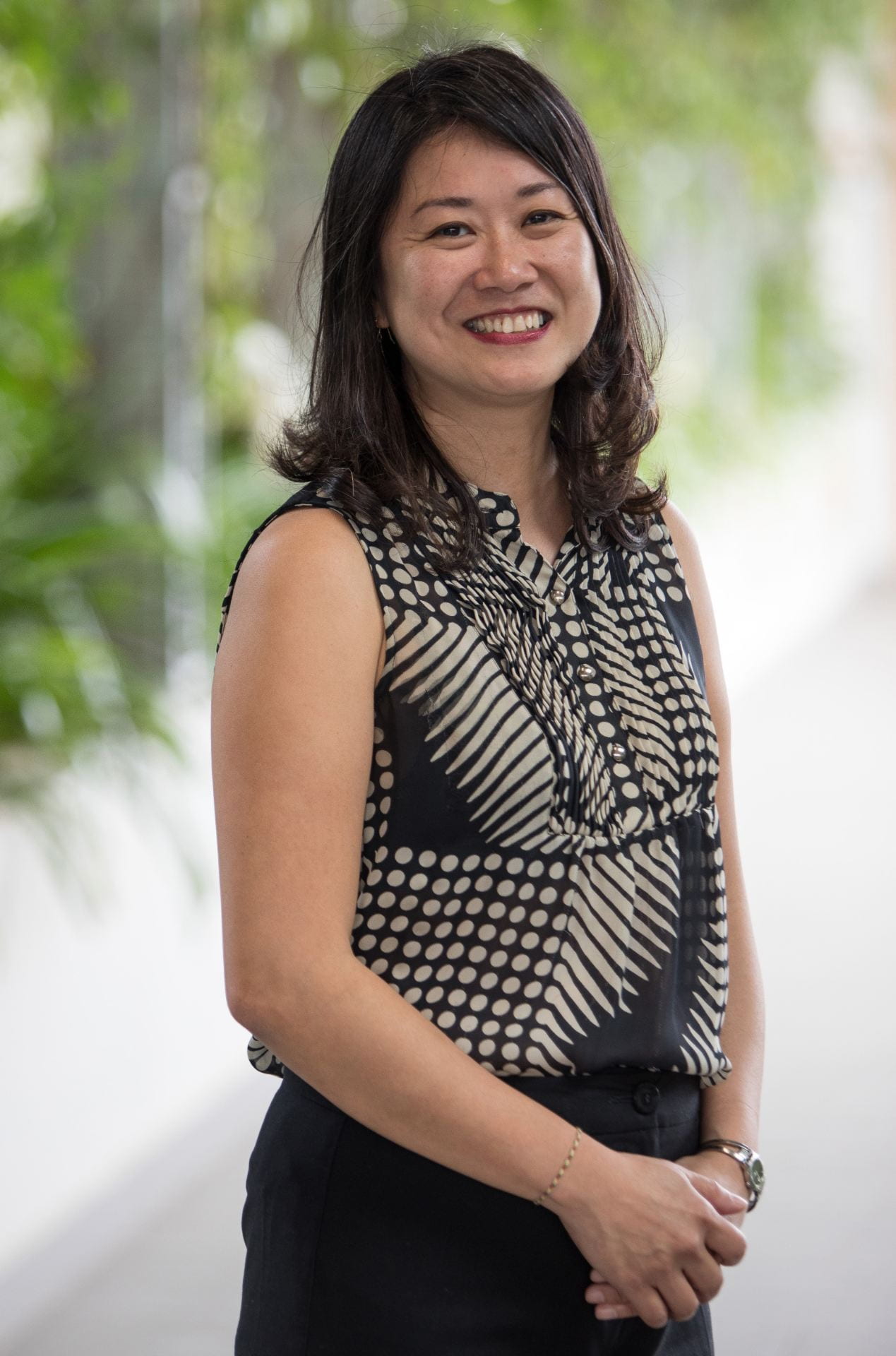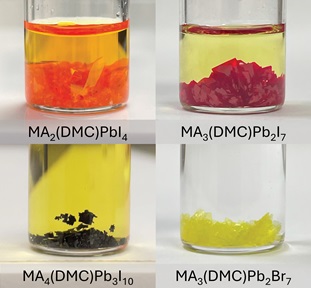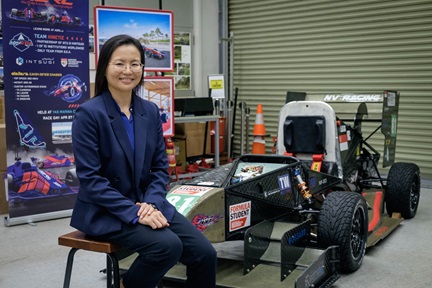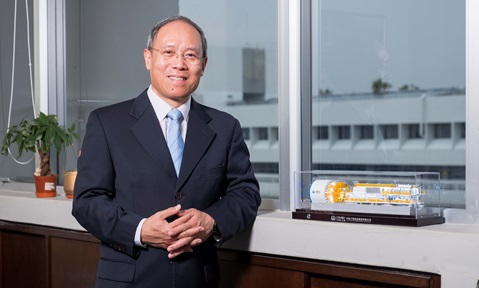Employing nature's toolbox: Assoc Prof Sierin Lim
Assoc Prof Sierin Lim explores nature's biomolecules and builds complex nanosized structures to solve challenges in medicine, bioelectronics and the environment.

The ability of Nature to build highly symmetrical and complex structures from simple biomolecules piqued the curiosity of Assoc Prof Sierin Lim when she was a graduate student.
“As a researcher, I see my role in exploring open questions to push the boundaries of knowledge and eventually gain new insights to develop new solutions,” says the Associate Professor of Bioengineering at NTU’s School of Chemical and Biomedical Engineering, who is also Associate Dean of NTU’s Graduate College.
Together with her research group, she engineers proteins and microbes and repurposes them to solve challenges in medicine, bioelectronics and the environment. Her primary focus is on protein nanocages, which are complex and highly symmetrical three-dimensional cage-like structures that self-assemble from subunits of proteins. By modifying specific subunits through genetic engineering, the nanocages can be tailored to applications as drug carriers, MRI contrast agents and vaccine epitope display platforms. They are also being developed to deliver active ingredients to specific cells and layers of skin—an application that has attracted interest from pharmaceutical and cosmetics industries.
A recent discovery in Assoc Prof Lim’s lab might open new ways to tackle arteriosclerosis, the leading cause of cardiovascular disease and stroke. Her team is gearing towards testing the nanocages’ effectiveness in stabilising atherosclerotic plaques in animal models, having found that cyclodextrin-decorated nanocages can bind to and reduce cholesterol on and in macrophage immune cells, which form the core of the plaques.
Another project involves designing porous moisture-retaining scaffolds out of cellulose microspheres, which are produced by bacteria isolated from Kombucha tea. These reformatted nature-derived scaffolds show promising results in increasing cell migration and could be useful in tissue regeneration from burns and difficult-to-heal diabetic wounds and ulcers.
Inspired by the hierarchical organisation of natural structures, Assoc Prof Lim is using her expertise in molecular engineering to build mesoscale structures from self-assembling metal-loaded protein nanocages as the building blocks. She is looking into the distinct electron transport properties of these mesoscale structures for applications in biomolecular electronics.
Assoc Prof Lim has won several career awards for women, including the L’Oréal Singapore for Women in Science National Fellowship in 2013 and the Outstanding Woman in Biomedical Engineering at the Venus International Women Awards 2019. As founder of two university initiatives—Women@NTU and Women in Engineering, Science and Technology (WiEST@NTU)—she establishes conference grants for early-career researchers and organises networking opportunities.














/enri-thumbnails/careeropportunities1f0caf1c-a12d-479c-be7c-3c04e085c617.tmb-mega-menu.jpg?Culture=en&sfvrsn=d7261e3b_1)

/cradle-thumbnails/research-capabilities1516d0ba63aa44f0b4ee77a8c05263b2.tmb-mega-menu.jpg?Culture=en&sfvrsn=1bc94f8_1)


.tmb-listing.jpg?Culture=en&sfvrsn=29c7e020_1)
.tmb-listing.jpg?Culture=en&sfvrsn=55153609_1)


